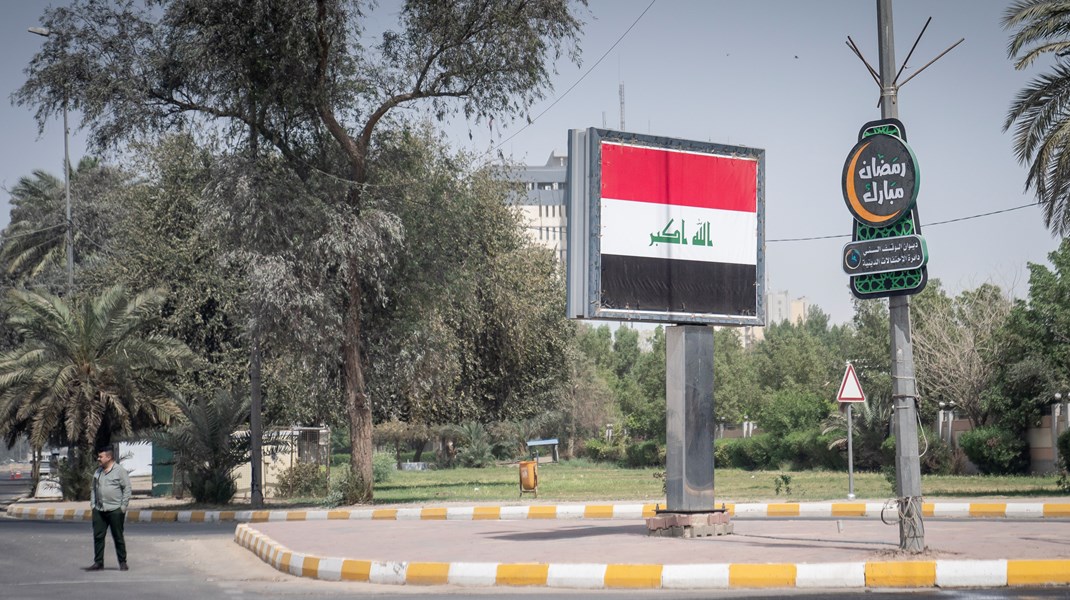Zimbabwe: $86m urgently required to tackle food insecurity
Harare, 9 October 2015 – The United Nations in Zimbabwe appealed today to humanitarian and development partners for US$ 86 million to urgently fill a shortfall to support 1.5 million people affected by food insecurity in the country. The UN agencies participating in the response to the food insecurity are: FAO, UNICEF, WFP, and WHO.
The appeal was made during a high level consultative meeting of senior representatives of the Government, UN agencies and development partners in the capital. The request follows a recent call made by Vice President Emerson Mnangagwa, as chairman of the Cabinet Committee on Food and Nutrition Security, to partners for support.
Addressing the meeting, UN Resident Coordinator and UNDP Resident Representative, Bishow Parajuli said, “The food security response plan, developed through a consultative process, requests for US$ 132 million with US$ 46 million so far pledged leaving a shortfall of US$ 86 million to support 1.5 million people affected by food insecurity in 52 districts.”
The Resident Coordinator expressed gratitude to USAID and DFID for their generous joint pledge of US$43 million towards food assistance. Parajuli called on other humanitarian and development partners to join hands in responding to the funding gap.
The response plan which covers various sectors has a gap of US$ 41 million in food assistance; US$ 32 million in agriculture and livelihoods; US$ 5 million in nutrition; US$ 5 million in protection and social safety nets; and US$ 3 million in water, sanitation and hygiene to assist the most vulnerable populations in the country.
According to the 2015 Zimbabwe Vulnerability Assessment Committee (supported by Government, UN, donors and NGOs), an estimated 1.5 million people are facing food insecurity, resulting from a loss in agricultural production, mainly due to prolonged dry spells in the southern and south-eastern parts of the country as well as poor rainfall distribution patterns both in space and time across the country.
Citing the limited alternative opportunities that the affected communities have, Rtd Col Christian Katsande, Deputy Chief Secretary to the President and Cabinet said, “While addressing the urgent lifesaving needs of the affected communities, the assistance needs to be delivered in a way that strengthens resilience of the affected communities to adapt to recurrent erratic rain patterns and natural disasters”. The Government of Zimbabwe, with logistic support from the UN World Food Programme, has provided 30,000 MT of cereals for urgent assistance.
Recognizing the vast areas of Zimbabwe affected by structural food insecurity aggravated by the effects of climate change and El Nino, Paula Vazquez Horyaans, on behalf of the European Union Ambassador to Zimbabwe, confirmed that the implementation of the EU supported national resilience framework will contribute to create a resilient nation with the capacity to protect development gains against shocks and stresses and support inclusive economic growth. She further stressed the importance of a coordinated approach to ensure that emergency responses also contribute to strengthening medium and long term resilience coping mechanisms.
Reiterating the dire food security situation and looming El Nino effect on the next season, the UN Resident Coordinator called for a concerted and pro-active action to address the immediate needs and invest in the going national resilience building efforts.
Media Contact: Tel #: +263 772 198 036; E-mail: [email protected]; Website: www.zw.one.un.org


